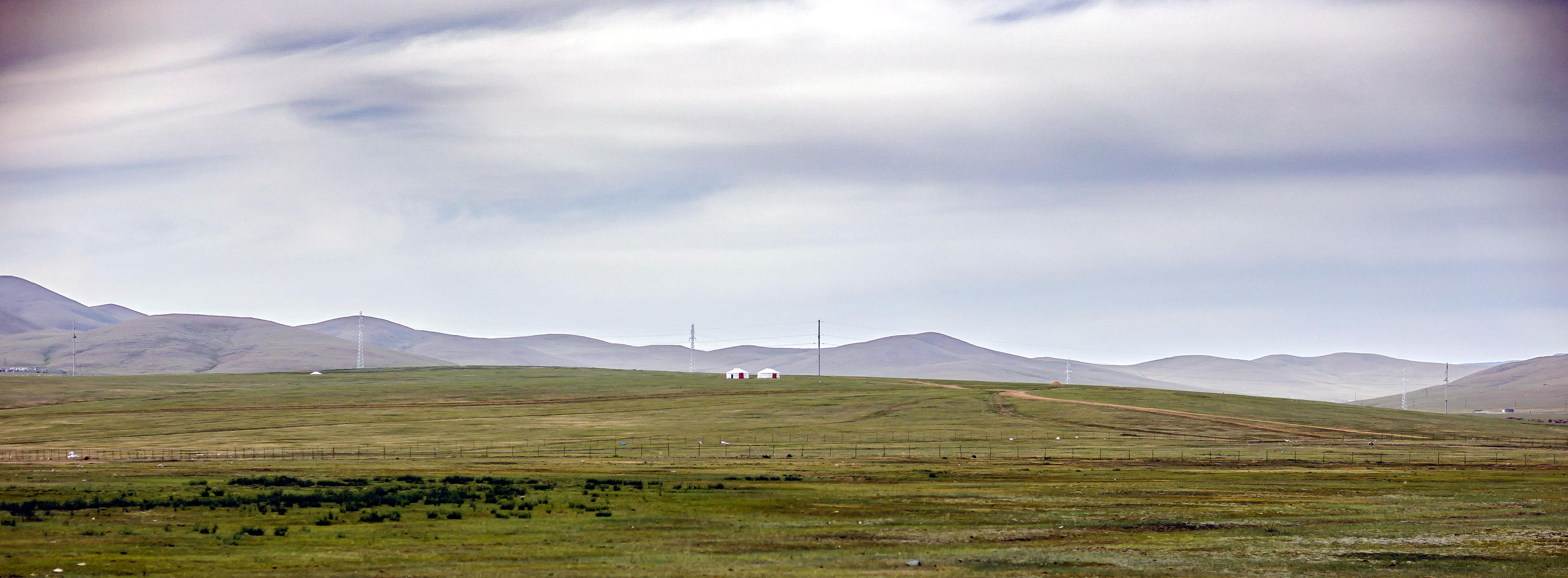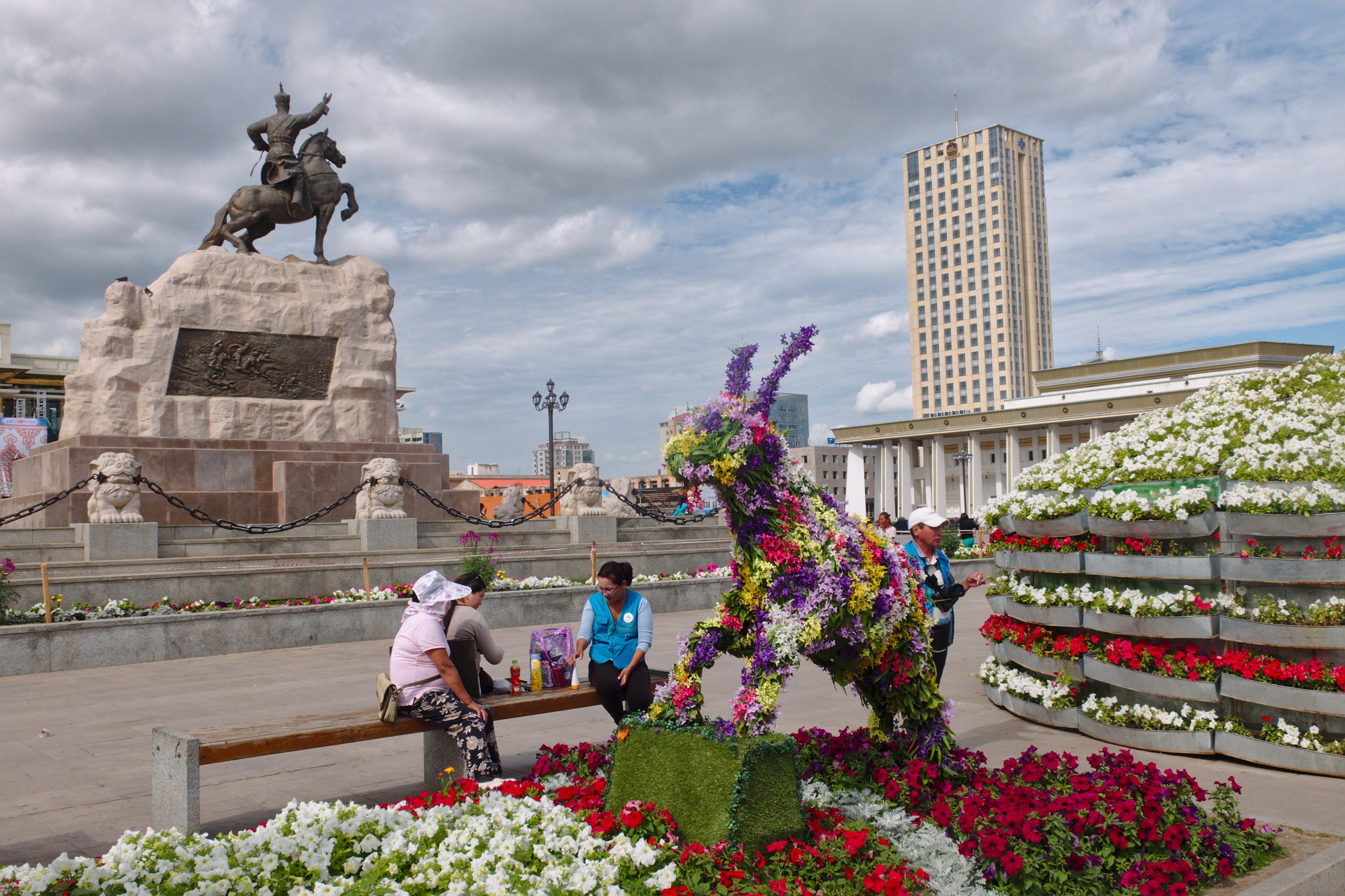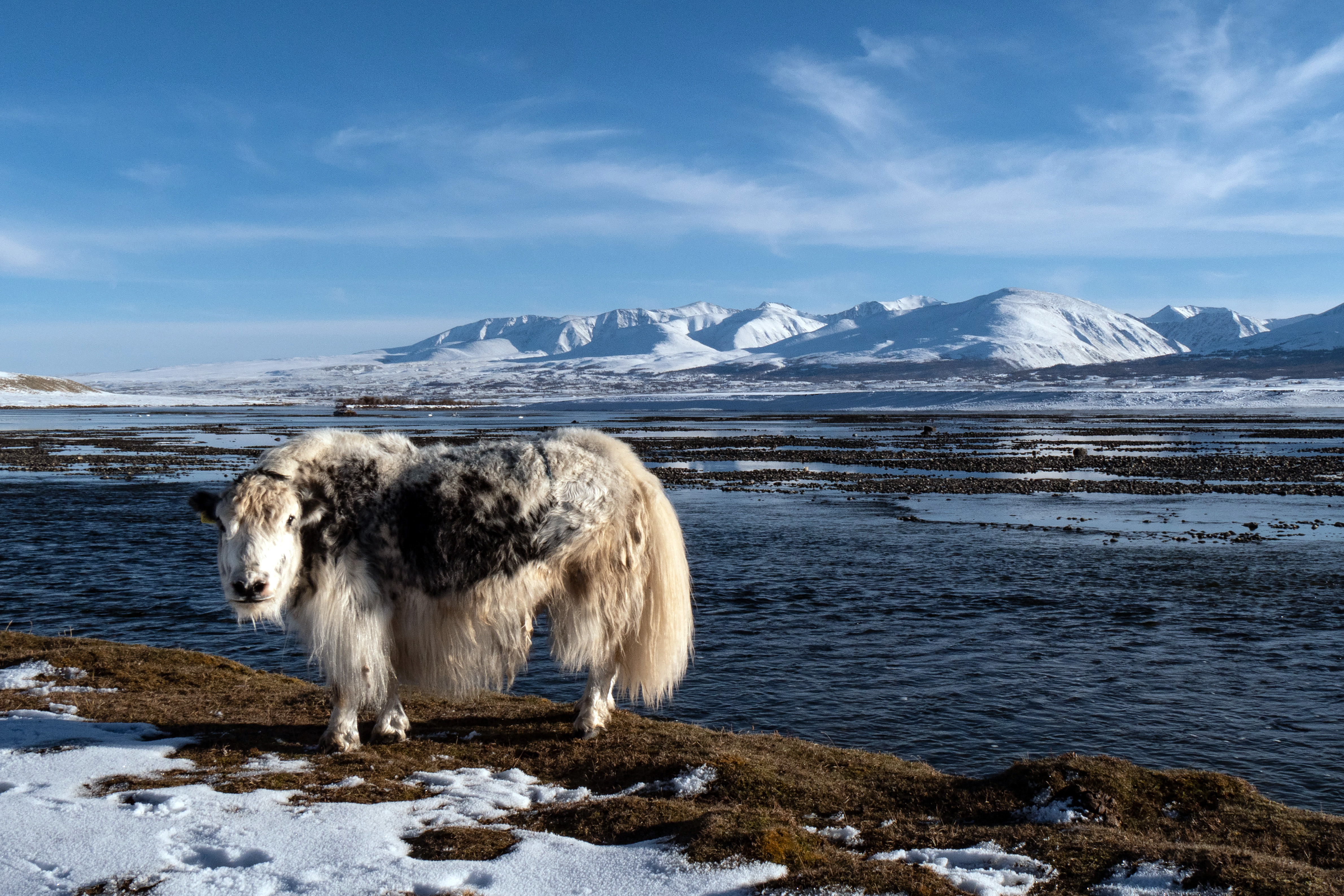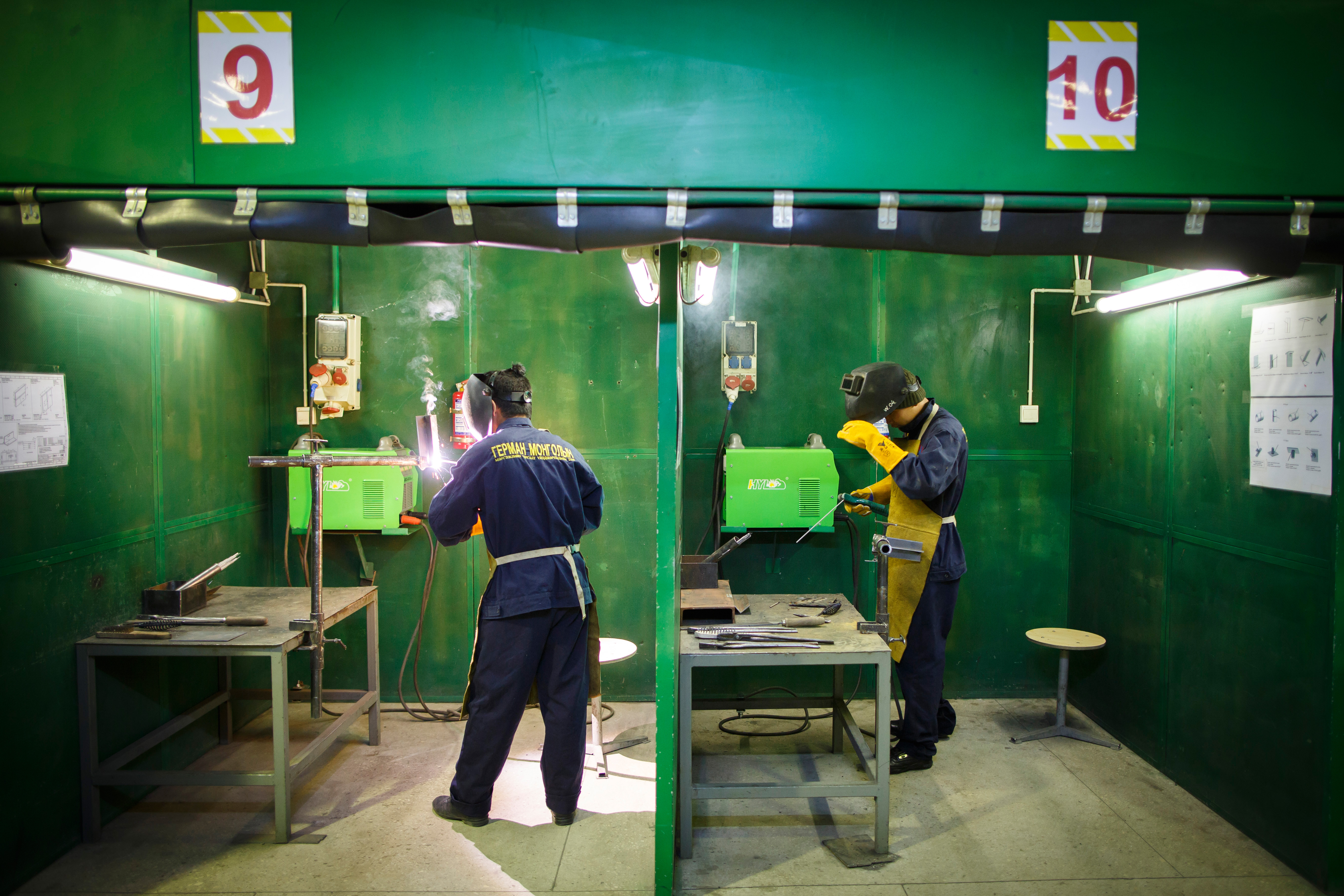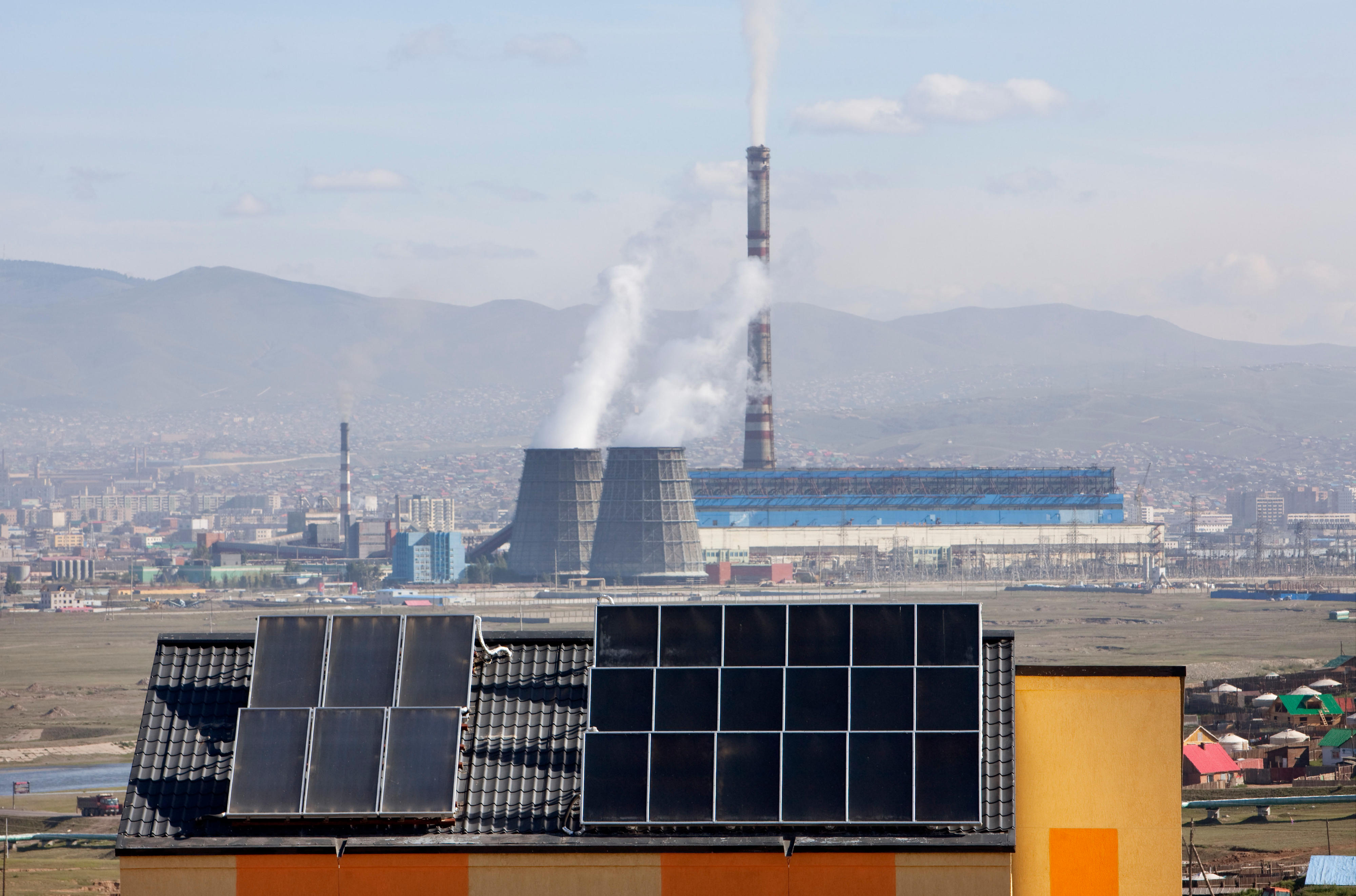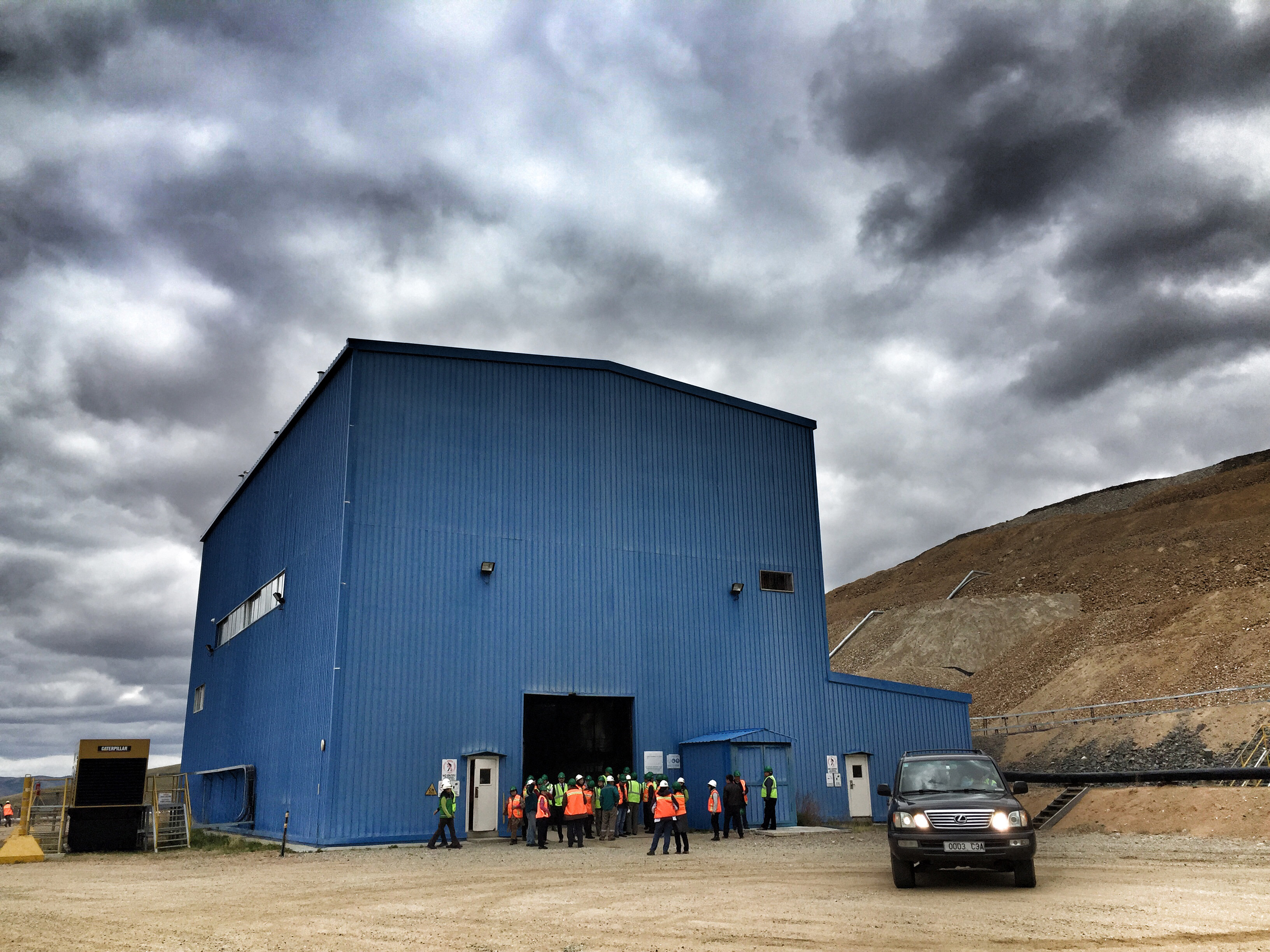Two yurts in the steppe near Nalaikh, Mongolia
Copyright© Thomas Trutschel/photothek.de
Mongolia
The country has successfully completed the transition from a communist people’s republic to a parliamentary democracy and from a centrally planned economy to a market economy. The mainstays of Mongolia’s economy are livestock farming and the extraction of the country’s rich mineral deposits. It is therefore heavily dependent on international commodity prices, and on China as its main consumer country. Russia’s war of aggression against Ukraine has led to trade restrictions and a steep rise in fuel and food prices. There have been positive developments and stable growth rates since 2022, however, due to the increasing demand for raw materials.
Nevertheless, Mongolia’s development remains hindered by weak infrastructure in the lowlands, a lack of skilled workers and a legal system plagued by uncertainty. There is still a lot of ground to make up in rural areas in particular. The nomadic population especially are threatened with the loss of their livelihoods as a result of increasing environmental degradation caused by mining and overgrazing. The steppes, deserts and high mountain areas of Mongolia are also very sensitive to climatic change. Temperatures have already risen sharply compared with the previous long-term average, which is causing permafrost thaw and increasing the degeneration of areas into steppe.
Mongolia is currently ranked 104th out of the 193 countries assessed in the United Nations Human Development Index (HDI).
German development cooperation with Mongolia
Development cooperation between Germany and Mongolia began in 1991/92, after the country underwent a political and economic transition. In spring 2020, as part of the BMZ 2030 reform, the decision was taken to end bilateral cooperation in the medium term. However, in light of the changed global political situation and Mongolia’s increased challenges, cooperation was resumed in autumn 2022. Alongside the USA, Japan and South Korea, Germany is one of Mongolia’s key development partners. Mongolia refers to these countries as its “third neighbours”.
The strategic partnership agreed in February 2024 on the occasion of Federal President Steinmeier’s visit underscored the importance of cooperation in the areas of policymaking and security, business and trade, education, science and culture, and environmental and climate protection.
Development cooperation with Mongolia focuses on the following core areas:
- Conserving nature and natural resources, protecting life on Earth
Areas of intervention: biodiversity, forests - Sustainable economic development, training and employment
Areas of intervention: technical and vocational education and training, private sector and financial sector development - Climate and energy, just transition
Area of intervention: renewable energy and energy efficiency
At the most recent government negotiations in September 2023, the BMZ pledged a total of 49 million euros. This comprises 22 million euros for Technical Cooperation and 27 million euros for Financial Cooperation, of which 10 million euros is in the form of a grant and 17 million euros in the form of a loan that Mongolia will pay back.
Debt conversion to the amount of 29 million euros was also agreed. Under this “debt-to-health” swap, Mongolia undertakes to support the work of the Global Fund to Fight AIDS, Tuberculosis and Malaria in the country, and in return receives debt relief from Germany for at least the equivalent amount.
SDG trends for Mongolia
- On track or maintaining SDG achievement
- Moderately improving
- Stagnating
- Decreasing
- Trend information unavailable
